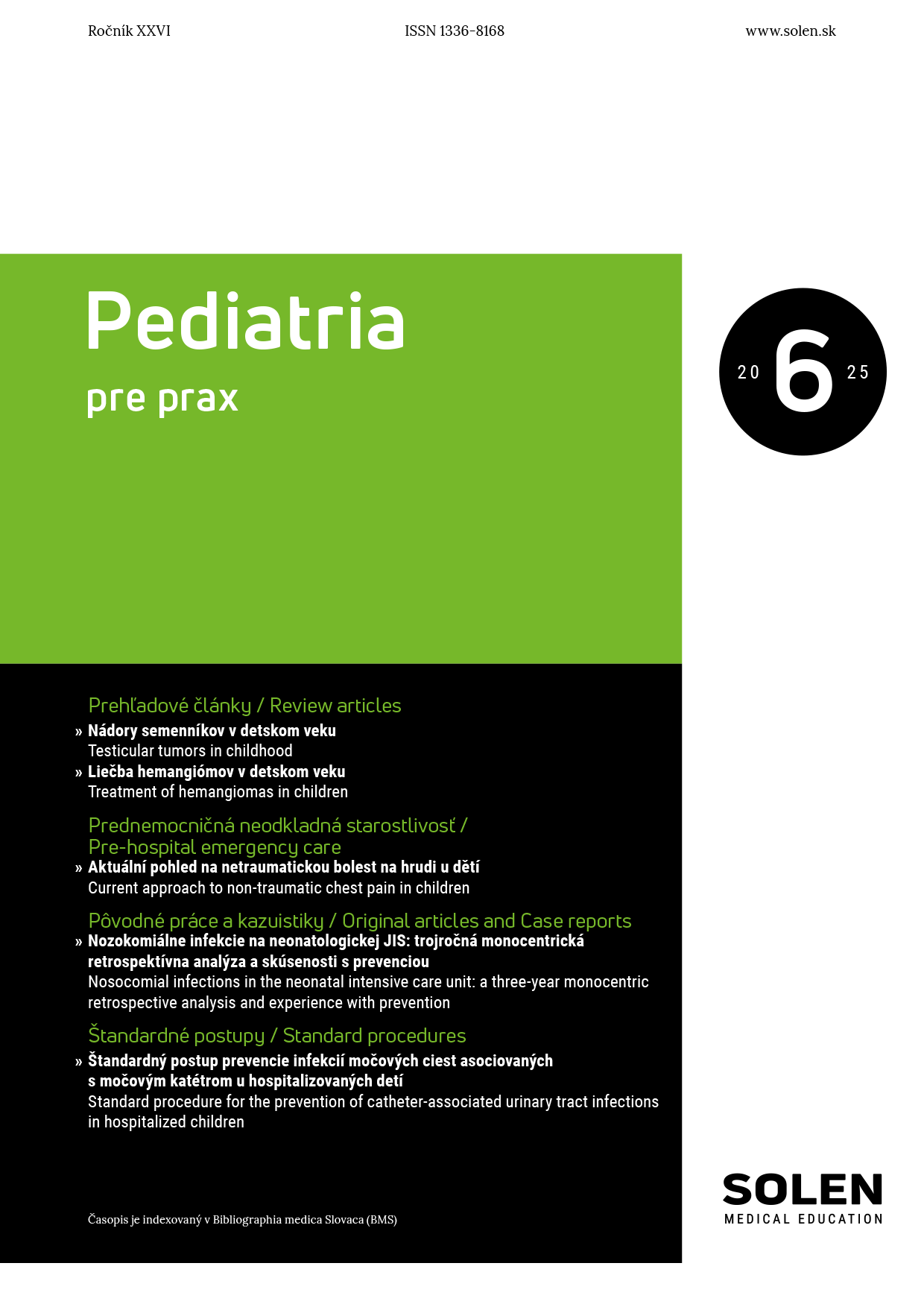Urologie pro praxi 3/2023
PARP inhibitory v léčbě metastatického kastračně rezistentního karcinomu prostaty
MUDr. Igor Richter, Ph.D., doc. MUDr. Josef Dvořák, Ph.D., MUDr. Vladimír Šámal, Ph.D., MUDr. Jiří Bartoš, MBA, MUDr. Sofya Al-Samsam
V léčbě metastatického kastračně rezistentního karcinomu prostaty máme k dispozici několik různých typů systémové léčby. Čím více linií terapie použijeme, tím lze život pacientů více prodloužit. U pacientů ale postupně dochází k progresi onemocnění, i přes podanou léčbu. Hledají se proto další postupy, které by prodloužily přežití pacientů s metastatickým kastračně rezistentním karcinomem. PARP [poly(ADP-ribóza)polymeráza] inhibitory prokázaly účinnost jak v monoterapii, tak v kombinaci s ARTA léčbou u těchto pacientů. Nejzralejší data máme dosud k dispozici s PARPi olaparibem.
Kľúčové slová: kastračně rezistentní karcinom prostaty, metastázy, PARP inhibitory, olaparib, talazoparib.
PARP inhibitors in treating metastatic castration-resistant prostate cancer
Several different types of systemic therapy are available for the treatment of metastatic castration-resistant prostate cancer. The more lines of therapy are used, the more patients’ lives can be prolonged. However, despite receiving treatment, patients gradually develop disease progression. Therefore, other treatment modalities are being sought that would prolong the survival of patients with metastatic castration-resistant prostate cancer. PARP (poly(ADP-ribose)polymerase) inhibitors have been shown to be effective in these patients both in monotherapy and in combination with ARTA therapy. The most recent data have been available for the olaparib PARP inhibitor.
Keywords: castration-resistant prostate cancer, metastases, PARP inhibitors, olaparib, talazoparib.

















